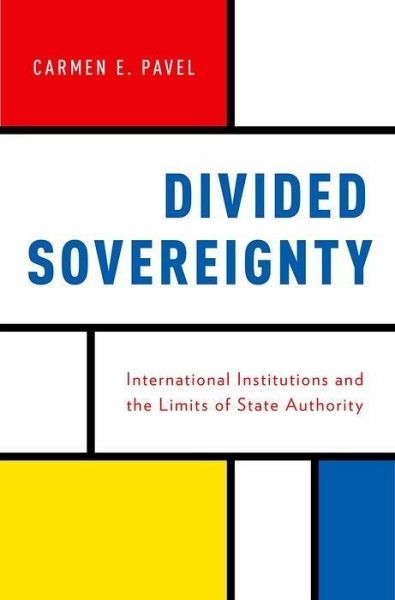
Divided Sovereignty
International Institutions and the Limits of State Authority

PAYBACK Punkte
74 °P sammeln!
This book explores new institutional solutions to the old question of how to constrain states when they commit severe abuses against their own citizens. The book argues that coercive international institutions can stop these abuses and act as an insurance scheme against the possibility of states failing to fulfill their most basic sovereign responsibilities.













